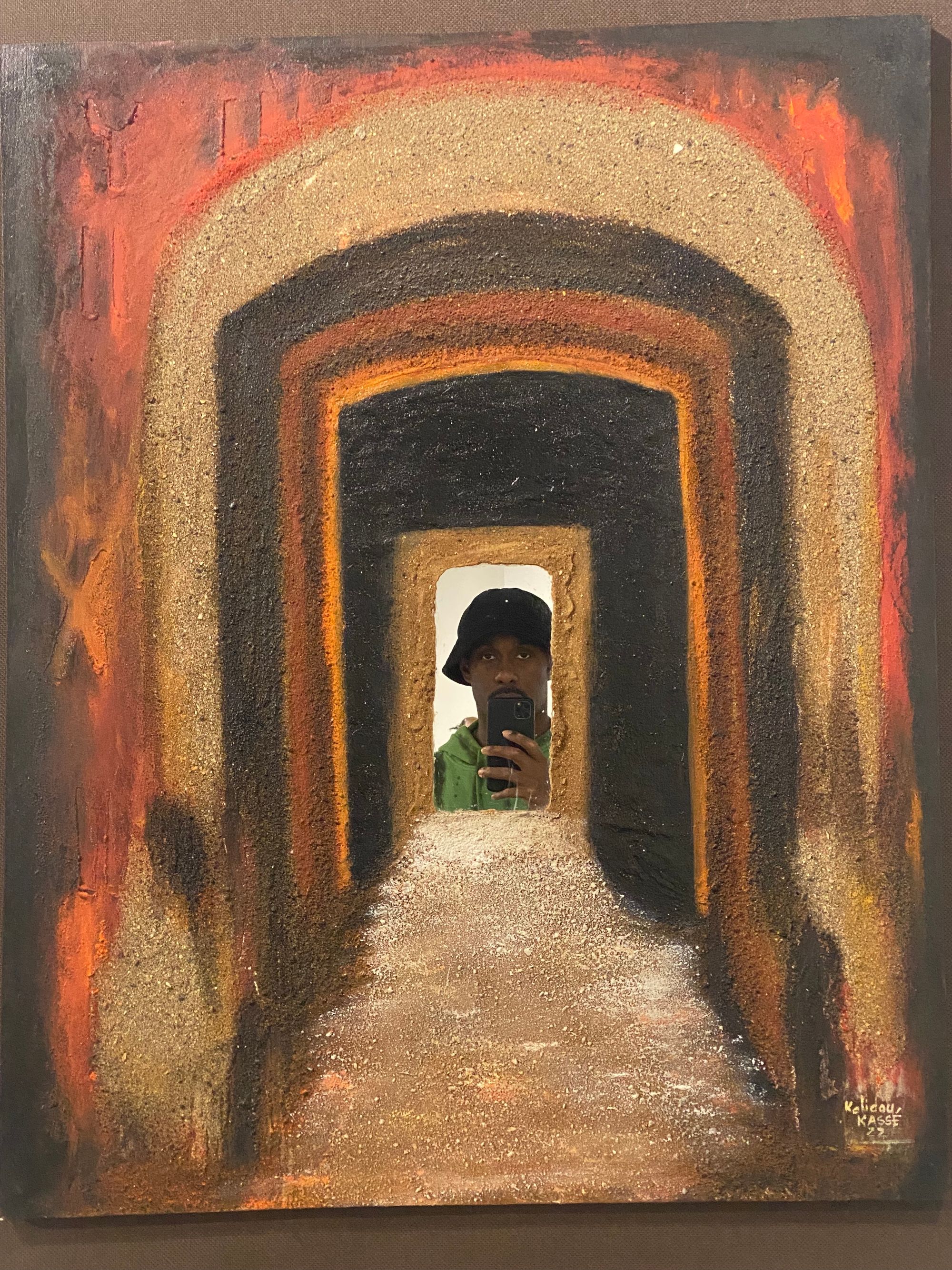You Cannot Bio-Hack Your Way To Happiness

If there’s a bio hack, I’ve tried it. Years plant-based, Dr Sebi prescribed alkaline diets, 5 day water fasting, one meal a day protocols, herbal colonics, cold showers, wim hof breathing, nootropic stacks. If circumstances aligned, it wouldn’t have taken much convincing for me to perform an ayahuasca ceremony in the South American jungle.
transcendence
In my early 20s I couldn’t articulate to what end I was doing these things, just an impulse that they would eventually lead me to some undefined state of contentment; a sense of clarity and peace. Today, I feel like what I really craved was control of my life. I wanted to be resistant to the external world and its whimsical nature: recession proof, immune to sickness; independent of the fickleness of fellow humans. I wanted to be everything to myself: a self contained bubble attaining the loftiest heights of transcendence. What I didn’t realise was that deep down I was embarking on a fervent search for something that could ‘cure’ me of being human.
When I think about today’s futurist movements, heavily invested in ushering a so-called transhuman era of our existence, I realise that the underlying drive in my previous behaviours wasn’t far removed from what I imagine propels them - an obsessive optimisation of human perfection. The primary differences rest more in methodology than a drastically diverging motivation. They envision uprooting human limitation through technological augmentation - gene editing, robotics and artificial intelligence - I was inclined towards organic interventions, which aligned with my deep suspicion that a glimmering spark of divinity could shine through humanity if only our vessels were empty enough, our minds quiet enough, our senses attuned enough.
extreme measures
I probably had a sign that I was veering a little dangerously towards an extreme when watching videos about breatharians (adherents claim they can live without food) provoked intrigue. It was the improbable representation of a pure asceticism that appealed - a rejection of everything mundane about society that had left me so uninspired.
I had (and maybe still do) a puritanical streak that I can’t tidily trace the root of. I’d describe it as a slither, but in the past it has presented itself strongly, maybe even compulsively. An obvious suggestion for its origin would be some ingrained austerity from a religious trauma, but that wasn’t my story. I didn’t inherit the “Catholic guilt” where falling short of an idealised image of personal sanctity, even marginally, creates a crushing burden of shame. I didn’t have an unjustly strict upbringing that would reinforce that. I dabbled in all manner of indulgent behaviours, substances and relationships that is typical of British adolescence.
In adulthood, there’s meant to be a refinement in judgement that is somewhat proportional to increased responsibility or maturity. In reality, the moral limits of this are more bound by what satisfies our immediate desire for pleasure without rendering us dysfunctional, or (more importantly) unproductive.
For me, there was something inviting, maybe even democratic about restricting oneself of supposed excesses in pursuit of self-actualisation that resonated deeply, much beyond the limits described above, that looking back sightly troubles me. The line between seeking order and falling into a disorder is increasingly difficult to distinguish. Much of what I did struck me as innocuous and reasonable enough at the time, but at what point would I have crossed the line from virtuous, if not overly optimistic attempts at self-improvement to a deceptive self-harm? Did I? If a sign of disorder is in denial, would I even have known? If a loved one showed concern, would I have taken heed?
misplaced hope
It’s only with years passed I can begin to question these things, almost as if discussing an old friend, but it’s unnerving. There are photos I’ve seen from around the time, where my weight yo-yo’d downwards, coinciding with periods of diminishing mental fitness. I recall comments from people, clothes fitting looser than previously. It’s not easy to square these events.
I learned a lot about my mental fortitude and the body’s ability to adopt to stress but did any of these measures create a lasting sense of contentment? Evidently not. My dissatisfaction with aspects of life was beyond the pay grade of a bio-hack. With a healthier outlook, I might have noted this earlier than I did. They were simply tools to temporarily engineer a physiological state, and for that purpose alone some did have powerful applications. Yet if our hopes rest any deeper than that, we may be preparing for disappointment. We’re better off accepting some home truths first: we need community, we need to come to peace with our mortality, we need to serve others, we need a code of ethical values to uphold and we need to pursue beauty and justice in a balanced way.

